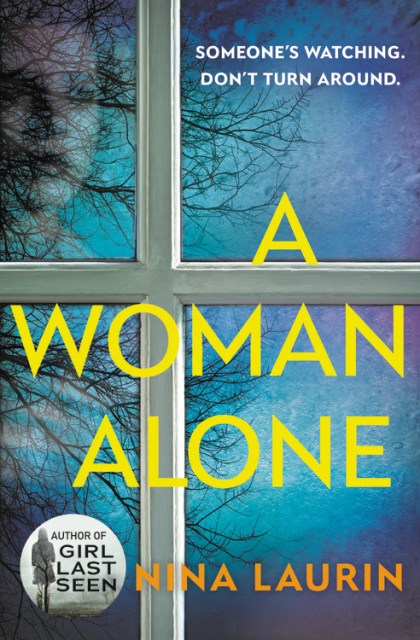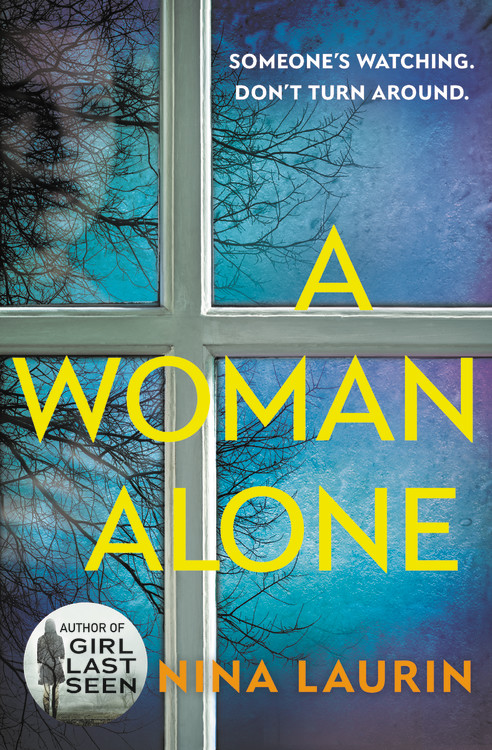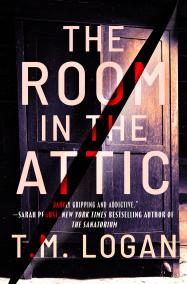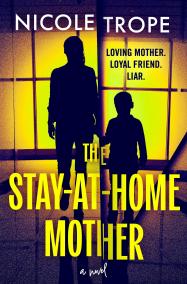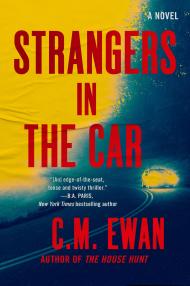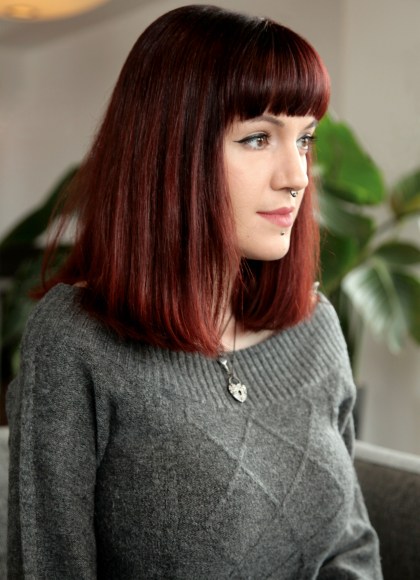By clicking “Accept,” you agree to the use of cookies and similar technologies on your device as set forth in our Cookie Policy and our Privacy Policy. Please note that certain cookies are essential for this website to function properly and do not require user consent to be deployed.
A Woman Alone
Contributors
By Nina Laurin
Formats and Prices
- On Sale
- Jun 23, 2020
- Page Count
- 336 pages
- Publisher
- Grand Central Publishing
- ISBN-13
- 9781538715765
Price
$14.99Price
$19.99 CADFormat
Format:
- Trade Paperback $14.99 $19.99 CAD
- ebook $9.99 $12.99 CAD
- Audiobook Download (Unabridged) $24.98
This item is a preorder. Your payment method will be charged immediately, and the product is expected to ship on or around June 23, 2020. This date is subject to change due to shipping delays beyond our control.
Buy from Other Retailers:
ONE OF POPSUGAR’S BEST NEW BOOKS TO DIVE INTO THIS SUMMER
ONE OF CRIME READS’ MOST ANTICIPATED SUMMER CRIME BOOKS OF 2020
A house with the darkest of secrets.
A woman who is the only one who knows.
It’s another bright, sunny day in Venture, Illinois, the sort of place where dreams come true and families can get a fresh start. Cecelia Holmes deserves it after the home invasion that shattered her previous life. Now everything seems perfect – her high-security SmartHome, her doting husband, her sweet daughter.
Until she begins to feel spied on. Her husband doesn’t believe her. Her neighbors ignore her. So when she discovers a shocking secret about the prior occupant of their house, she feels that she has no one to turn to. And now Cecelia must face her fears alone…
A woman who is the only one who knows.
It’s another bright, sunny day in Venture, Illinois, the sort of place where dreams come true and families can get a fresh start. Cecelia Holmes deserves it after the home invasion that shattered her previous life. Now everything seems perfect – her high-security SmartHome, her doting husband, her sweet daughter.
Until she begins to feel spied on. Her husband doesn’t believe her. Her neighbors ignore her. So when she discovers a shocking secret about the prior occupant of their house, she feels that she has no one to turn to. And now Cecelia must face her fears alone…
-
"Laurin crafts a Rebecca for a new generation, tapping into the old fears of domestic security, predecessor anxiety, and adding in a dash of high-tech paranoia. This is domestic suspense taken to a logical, terrifying extreme."CrimeReads.com
-
"[A] chilling novel of psychological suspense... Readers will keep turning the pages as the secrets of Venture's residents come out, along with potential motives for murder. Laurin is an accomplished storyteller."Publishers Weekly
-
"This addicting thriller rachets up the suspense until the very last page."Woman's World on The Starter Wife
-
"Laurin, with her knack for psychological suspense, here portrays the effects of obsession in chilling detail as the facts of Claire's life are revealed. A spine-tingler."Booklist on The Starter Wife
-
"The Starter Wife reminded me of the powerful novel Girl on the Train by Paula Hawkins."The Missourian
-
"Nina Laurin's psychological suspense thrill ride will have you ripping through its pages at warp speed as you dig for the truth about a fateful event that drove two twin siblings apart."PopSugar.com on What My Sister Knew
-
"An intense psychological thriller that has a surprise twist... Laurin provides an insightful look at how secrets can shatter a bond between twins."Publishers Weekly on What My Sister Knew
-
"A twisty, mind-bending thriller that will keep you on the edge of your seat as she probes the bond and secrets between twins."USA Today on What My Sister Knew
-
"From the very first page, Girl Last Seen jettisons the reader into the life of a crime victim trying to outrun her past. Fast-paced and hard-edged, it is a heart-stopping thriller that had me guessing to the very end."Heather Gudenkauf, New York Times bestselling author of The Weight of Silence and Not a Sound
-
"Every good thriller has a shocking plot twist. Girl Last Seen has many. Author Nina Laurin's eerie novel will stay with you for days, months, even years to come."HelloGiggles.com
Newsletter Signup
By clicking ‘Sign Up,’ I acknowledge that I have read and agree to Hachette Book Group’s Privacy Policy and Terms of Use
